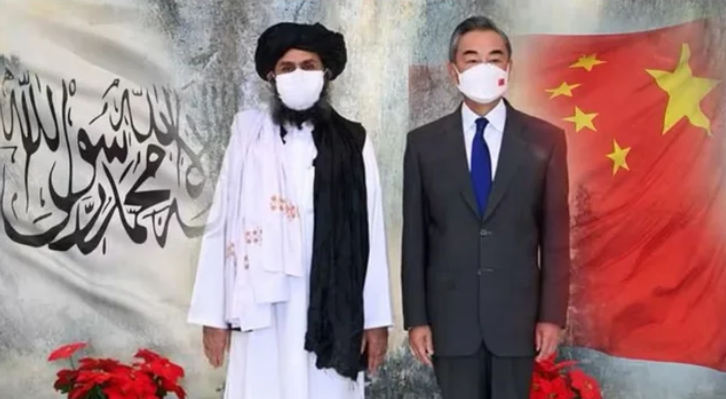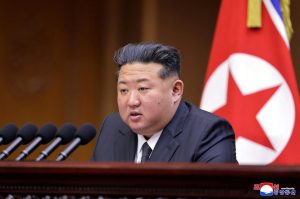Taliban unilaterally terminates contract with Chinese oil company

The Ministry of Mines and Petroleum has made a rare announcement to terminate a 25-year oil extraction contract with the Chinese company Afchin Oil Company in the Amu Darya Basin.
According to a spokesman for the ministry, the reasons for the termination of the contract include failure to make the investment amount specified in the agreement, defects in the drilling and exploration of designated oil wells, lack of necessary guarantees, failure to employ Afghan nationals, and failure to fulfill social, environmental and capacity building responsibilities.
“We set up an inter-ministerial joint committee and found in the investigation that the contracting company repeatedly ignored the contract performance issues and failed to fulfill the contract. Based on the recommendation of the Deputy Office of Economy and the order of the Prime Minister’s Office, we terminated the oil extraction contract signed with Afchin Oil Company in the Amu Darya Basin.”
Economic experts pointed out that given Afghanistan’s urgent need for oil resources, it is crucial to emphasize the strengthening of scrutiny in the process of awarding mining projects. They believe that awarding such projects to companies with local partners can avoid similar problems in the future.
Economic analyst Mohammad Nabi Afghanistan said: “We are in urgent need of oil and must exploit it by any means. If they take all the resources and do not exploit them, it will not be good for us or them. The government should avoid including clauses that lead to such consequences in future contracts and avoid delays like this one.”
Another economic expert Abdul Ghaffar Nezami said: “There are many contracts in Afghanistan that were signed years or even decades ago, and the rights of both parties are not guaranteed, and there is often a lack of proper coordination between the contracting companies and the Afghan government.”
The contract was signed on June 5, 2023, and the Chinese company promised to invest $150 million in the first year and a total of $540 million in three years.
The decision was made against the backdrop of the Islamic Emirate’s renewed efforts to develop the economy using domestic natural resources after returning to power.
![]()







